You may have heard of PTSD before, but what exactly is it? PTSD, or post-traumatic stress disorder, is a mental health condition that can be triggered by a terrifying event. It can cause flashbacks, nightmares, and severe anxiety. People with PTSD may feel like they are in danger even when they are not. PTSD can happen to anyone. It is not just something that veterans experience. It can happen to children, teens, and adults. If you have experienced or witnessed a traumatic event and it is causing you distress, you may have PTSD.
Symptoms of PTSD
PTSD symptoms can start within one week of the traumatic event, but sometimes they may not appear until months or even years later. They also may come and go over time. There are four types of symptoms:
1) Reliving the event (flashbacks)
2) Avoiding anything that reminds you of the event
3) Negative changes in your thoughts and feelings
4) Feeling on edge
Reliving the event (flashbacks): Flashbacks are like reliving the trauma all over again. They can happen anytime – when you are awake or asleep. You may see, hear, or smell things that remind you of the event and feel like it is happening again in the present.
Avoiding anything that reminds you of the event: You may try to avoid any activities, places, people, thoughts, or feelings that remind you of the trauma. You may feel numb and disconnected from others. You may lose interest in activities that you used to enjoy and have trouble experiencing positive emotions.
Negative changes in your thoughts and feelings: It is common for people with PTSD to think differently about themselves and others after a traumatic experience. For example, you may blame yourself for what happened or be convinced that the world is completely dangerous. These negative beliefs can lead to feeling hopelessness, shame, or despair.
Feeling on edge: People with PTSD often feel jumpy and easily startled. They may have trouble sleeping and concentrating or always be on the lookout for danger. Their bodies might stay on high alert all the time which leads to feeling tense and irritable a lot.
Not everyone who experiences a traumatic event will develop PTSD but if your symptoms last more than a few weeks and are interfering with your life it’s important to get help from a mental health professional who specializes in treating PTSD.
Treatment for PTSD
There are many effective treatments available for PTSD including cognitive behavioral therapy (CBT), eye movement desensitization reprocessing (EMDR), medication, and support groups. CBT helps people change their thinking patterns and improve their coping skills so they can better manage their symptoms. EMDR helps people process their trauma so they can move on from it instead of reliving it over and over again in their minds. Medication can help with some of the symptoms of PTSD such as sleep problems and depression but it’s important to note that medication should not be used as the only treatment for PTSD as it does not address the root cause of the problem – the trauma itself. Support groups provide a safe place for people with PTSD to share their experiences with others who understand what they are going through which can be very helpful in managing symptoms and promoting healing.”
Conclusion:
If you have experienced or witnessed a traumatic event and it is causing you distress, you may have PTSD. Symptoms of PTSD include flashbacks, avoidance behaviors, negative changes in thought and feeling patterns, and feeling on edge all the time. There are many effective treatments available for PTSD including cognitive behavioral therapy (CBT), eye movement desensitization reprocessing (EMDR), medication, and support groups.”
